Road infrastructure as "region's biggest problem"
The Balkans Infrastructure and Construction Summit, in which Minister of Regional Development Verica Kalanović is taking part, opened in Vienna.
Wednesday, 29.05.2013.
15:43

VIENNA The Balkans Infrastructure and Construction Summit, in which Minister of Regional Development Verica Kalanovic is taking part, opened in Vienna. Opening the two-day meeting organized by the International Research Networks (IRN), Secretary-General at the Austrian Ministry of Foreign Affairs Johannes Kyrle said that the integration of the Western Balkans is very important for Austria and for the European Union as a whole. Road infrastructure as "region's biggest problem" In relation to that, Kyrle voiced opinion that Serbia has good chance of obtaining a start date for EU entry talks. He also expressed hope that Bosnia-Herzegovina will continue with reforms and submit a request for EU membership. Austrian firms were the first to enter the regional market, and with around EUR 12 billion, Austria is the biggest investor in the region, said Kyrle, who had a bilateral meeting with Kalanovic ahead of the summit. He said that the region has highly skilled workforce, but noted that it is rather difficult to invest when there is no adequate road infrastructure. Kyrle underscored that investments in the road and energy infrastructure must constitute a priority. Croatian Ambassador to Austria Gordan Bakota noted that his country will become an EU member state on July 1, and that it is using the EU funds dedicated to an infrastructure revamp. Bosnia-Herzegovina's Deputy Minister of Communications and Transport Rudo Vidovic noted that his country got the pro-EU government following the last elections, and that it is ready to step up the efforts to get the EU candidate status. "BiH is creating conditions for speedy economic growth. Hydro and energy potential, the need for development of road infrastructure will be a generator of Bosnia's growth in the coming period," he said. The summit is aimed at connecting the governments of the Balkan countries, international financial institutions and potential investors. The summit, whose media partner is Tanjug, is bringing together government officials, representatives of international institutions and foreign investors. Verica Kalanovic (L) is seen in Vienna (Tanjug) "Serbia fully networked by highways by 2020" Verica Kalanovic, Serbia's minister of regional development and local self-government, voiced confidence in Vienna on Wednesday that by 2020, Serbia will be fully networked by highways, have good connections to neighbors and be a part of the system of pan-European highways. “We are not building infrastructure just to equip Serbia well in terms of infrastructure and improve its business environment, but we envision Serbia as a country that is firmly connected to its neighbors and extends the network toward major corridors,” underlined the minister at the Balkans Infrastructure and Construction Summit. At the gathering organized by the International Research Networks (IRN), Kalanovic underlined anew in a presentation entitled “Flexible models of financing of big infrastructure projects in Serbia” that infrastructure is a basis for development of every society, noting that without a developed infrastructure, there can be no economic growth, better living standard and investments. She also noted that for Serbia, the previous period was characterized by a change of borders and names, and that since 2006 (Montenegro's declaration of independence and the break-up of the State Union of Serbia and Montenegro) the country has been in its current form. “In 2006, Serbia faced new challenges: the inherited infrastructure was the one that belonged to a big country, the former Yugoslavia, and did not suit Serbia, as it was strategically defined to connect big Yugoslav cities,” she explained. Out of 18 Serbian cities with over 100,000 citizens, 15 were not linked to modern roads, she said, adding that the task of infrastructure development lay ahead of the government, so it delivered a strategic decision to draft a plan of development by 2020. “The strategy envisages that almost all cities with over 100, 000 citizens will be connected by modern roads which will be either highways or high-speed roads,” Kalanovic explained. Tanjug
Road infrastructure as "region's biggest problem"
In relation to that, Kyrle voiced opinion that Serbia has good chance of obtaining a start date for EU entry talks. He also expressed hope that Bosnia-Herzegovina will continue with reforms and submit a request for EU membership.Austrian firms were the first to enter the regional market, and with around EUR 12 billion, Austria is the biggest investor in the region, said Kyrle, who had a bilateral meeting with Kalanović ahead of the summit.
He said that the region has highly skilled workforce, but noted that it is rather difficult to invest when there is no adequate road infrastructure.
Kyrle underscored that investments in the road and energy infrastructure must constitute a priority.
Croatian Ambassador to Austria Gordan Bakota noted that his country will become an EU member state on July 1, and that it is using the EU funds dedicated to an infrastructure revamp.
Bosnia-Herzegovina's Deputy Minister of Communications and Transport Rudo Vidović noted that his country got the pro-EU government following the last elections, and that it is ready to step up the efforts to get the EU candidate status.
"BiH is creating conditions for speedy economic growth. Hydro and energy potential, the need for development of road infrastructure will be a generator of Bosnia's growth in the coming period," he said.
The summit is aimed at connecting the governments of the Balkan countries, international financial institutions and potential investors.
The summit, whose media partner is Tanjug, is bringing together government officials, representatives of international institutions and foreign investors.
"Serbia fully networked by highways by 2020"
Verica Kalanović, Serbia's minister of regional development and local self-government, voiced confidence in Vienna on Wednesday that by 2020, Serbia will be fully networked by highways, have good connections to neighbors and be a part of the system of pan-European highways.“We are not building infrastructure just to equip Serbia well in terms of infrastructure and improve its business environment, but we envision Serbia as a country that is firmly connected to its neighbors and extends the network toward major corridors,” underlined the minister at the Balkans Infrastructure and Construction Summit.
At the gathering organized by the International Research Networks (IRN), Kalanović underlined anew in a presentation entitled “Flexible models of financing of big infrastructure projects in Serbia” that infrastructure is a basis for development of every society, noting that without a developed infrastructure, there can be no economic growth, better living standard and investments.
She also noted that for Serbia, the previous period was characterized by a change of borders and names, and that since 2006 (Montenegro's declaration of independence and the break-up of the State Union of Serbia and Montenegro) the country has been in its current form.
“In 2006, Serbia faced new challenges: the inherited infrastructure was the one that belonged to a big country, the former Yugoslavia, and did not suit Serbia, as it was strategically defined to connect big Yugoslav cities,” she explained.
Out of 18 Serbian cities with over 100,000 citizens, 15 were not linked to modern roads, she said, adding that the task of infrastructure development lay ahead of the government, so it delivered a strategic decision to draft a plan of development by 2020.
“The strategy envisages that almost all cities with over 100, 000 citizens will be connected by modern roads which will be either highways or high-speed roads,” Kalanović explained.










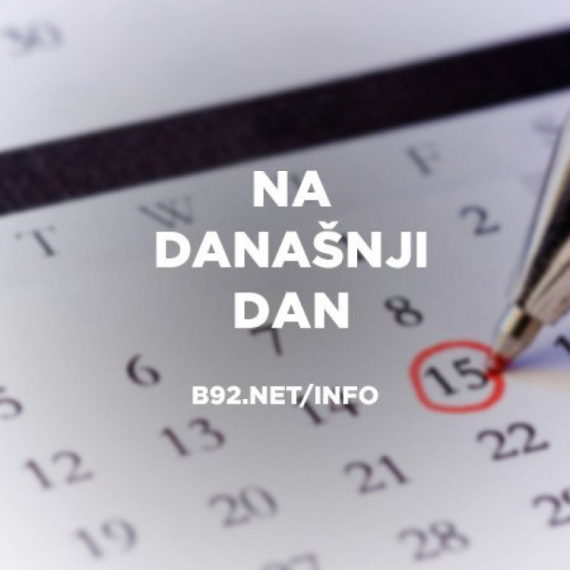

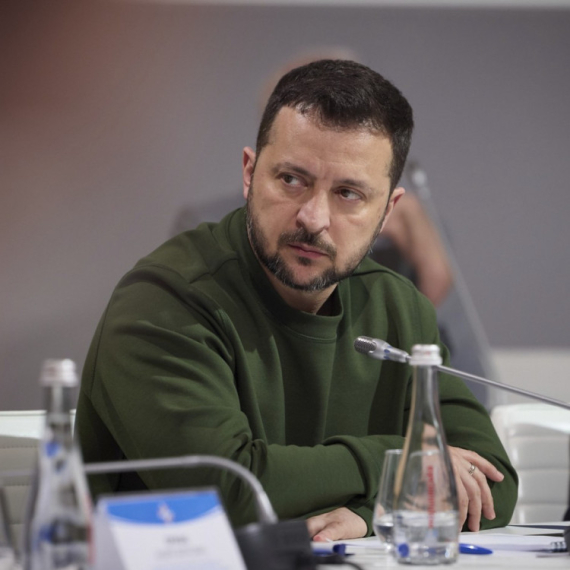








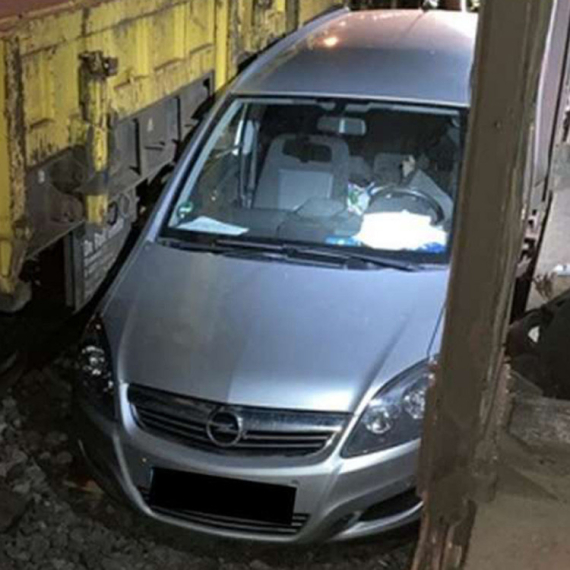






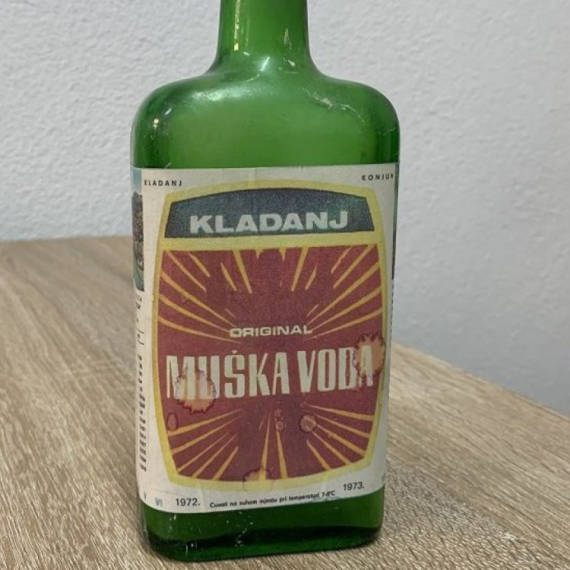
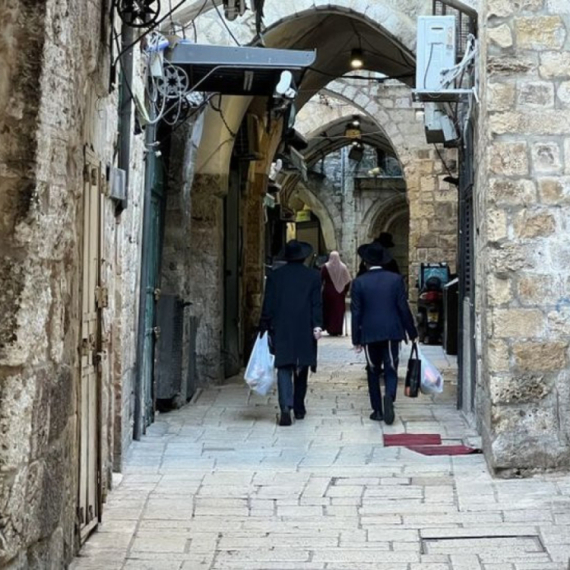

Komentari 0